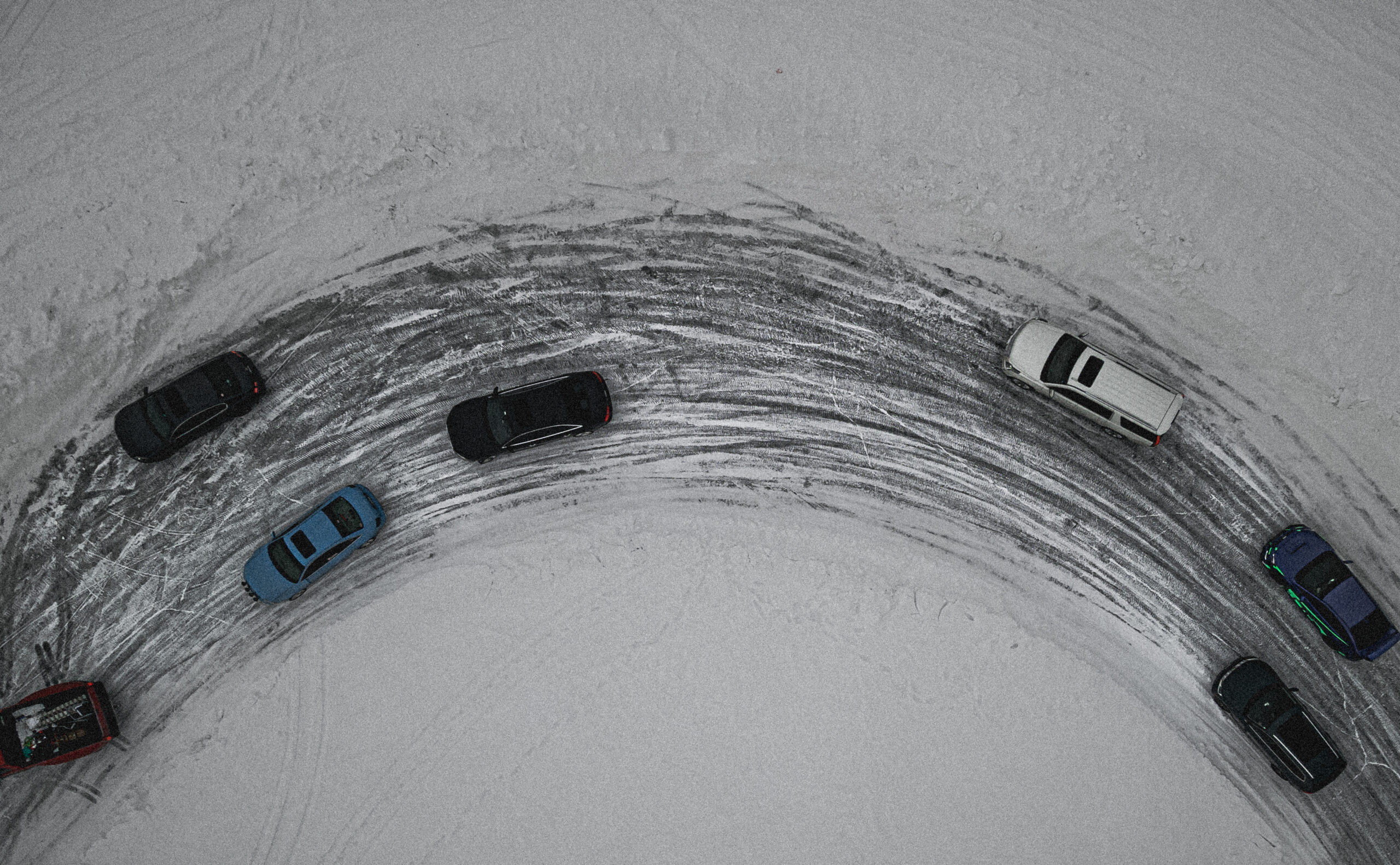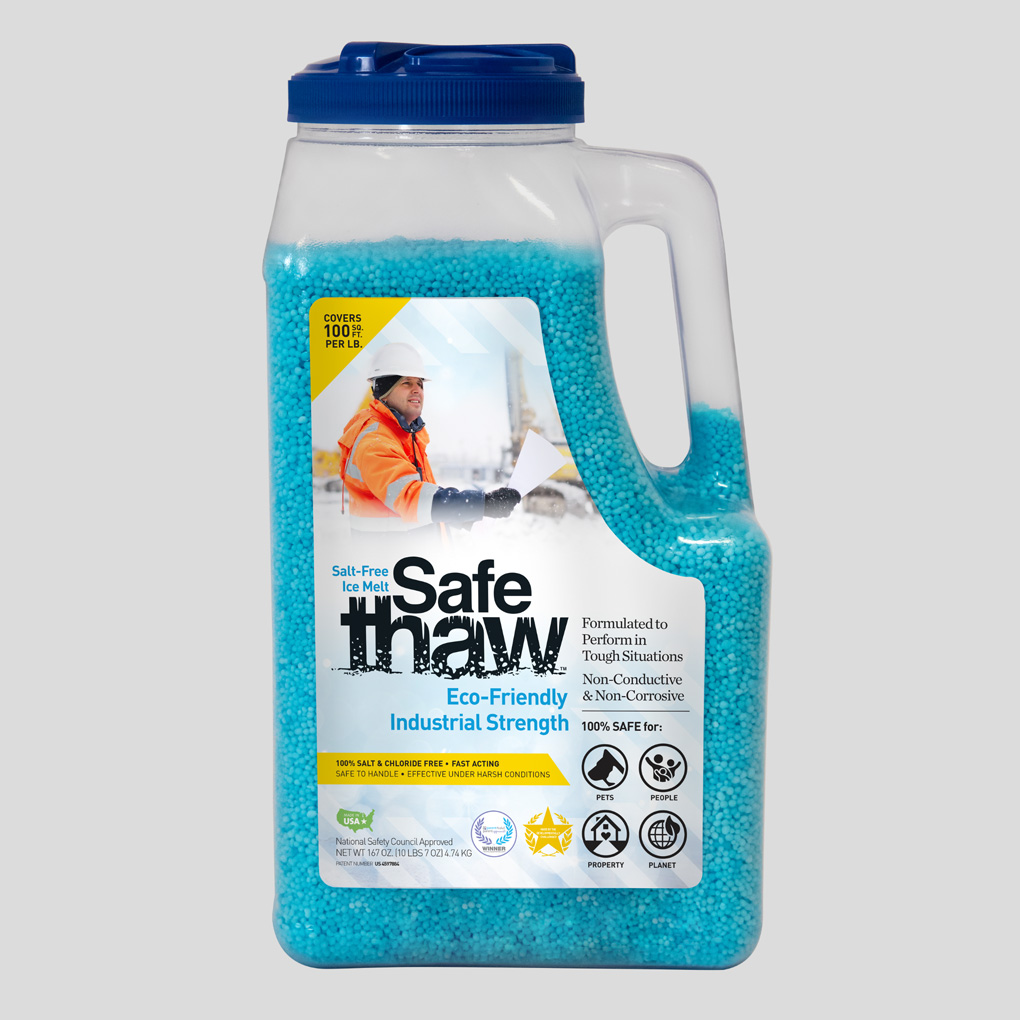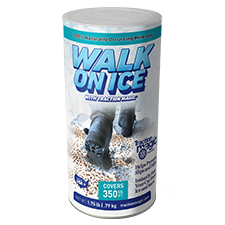Cement Vs. Asphalt Driveways: A Comprehensive Comparison

So, you’re at that crossroads – deciding between cement vs asphalt driveway. It’s kind of like choosing between a classic sedan or a rugged SUV. Both have their charm, right? But what’s going to fit your home, your budget, and your lifestyle? Let’s break it down in a way that makes sense for us everyday folks.

Safe Thaw
Safe Thaw was created as the ice management solution for tough winter environments. Ideal in commercial and industrial properties, shops, government agencies, bridges, and construction.
What’s In The Mix: Cement Vs Asphalt Driveway
First off, let’s talk ingredients. A cement (or concrete) driveway is like a great recipe – a mix of cement, water, and aggregate (think sand and gravel). It’s durable, versatile, and kind of like that reliable home-cooked meal. Asphalt? It’s more like a quick, efficient stir-fry. Made from aggregate and bitumen, it’s the stuff you usually see on roads.
Durability Talk: How Long Will They Hang Around?
Durability is a big deal. Cement driveways are like those trusty jeans that last years and still look good. They can go up to 30 years with the right care. Asphalt driveways, while not as long-lasting (about 20 years), have a bit of give and take with temperature changes, making them less prone to cracking under pressure.
Maintenance: The Effort They Need
Maintenance-wise, cement driveways are the lower-maintenance buddies. They need a bit of TLC every few years (sealing, cleaning – the usual stuff). Asphalt driveways are like that garden that needs regular attention – resealing every couple of years to keep them looking sharp.
Cost: What’s The Price Tag?
When it comes to cost, asphalt usually takes the lead in being more budget-friendly initially. It’s like opting for an economical car – it does the job without a hefty price tag. Cement driveways are more of an investment. They might cost more upfront, but they often make up for it in longevity.
Style Points: Which Driveway Has More Flair?
Aesthetic appeal? Cement driveways have more room to show off. You can color them, stamp them, and play around with finishes. It’s like having an array of outfits for your driveway. Asphalt is more like the classic little black dress – simple, elegant, and timeless.
Thinking Green: The Environmental Angle
Environmentally speaking, both have their quirks. Cement production is pretty energy-heavy, while asphalt is a byproduct of petroleum. However, asphalt scores a point for being recyclable.
100% salt & chloride-free, fast acting Ice Management Solution
Winter Woes: Handling Ice And Snow
In areas with harsh winters, how these driveways handle ice melts is crucial. Traditional salt or chloride-based ice melts can be tough on both surfaces. They’re like using strong medicine – they work, but they can have side effects (like surface damage).
Enter Safe Thaw: Your Winter Hero
This brings us to Safe Thaw. Whether you go for asphalt vs cement driveway, Safe Thaw is a smart pick. It’s like choosing a gentle, eco-friendly cleaning product – it does the job without the harsh chloride. Its non-corrosive, toxin-free formula means it’s safe for your driveway, pets, and plants.
Wrapping Up: Your Driveway, Your Choice
At the end of the day, whether you choose a cement vs asphalt driveway comes down to what fits your world best. Budget, style, maintenance, and where you live all play a part. And remember, with a safe ice melter like Safe Thaw, you can keep your driveway in top shape through the winter months. Here’s to finding the perfect match for your home and enjoying a driveway that ticks all your boxes! Stay safe and warm out there!
Try Also Our Other Winter Safety Products:
Safe Paw
The Original and #1 Selling Pet and Child Safe Ice Melt for over 20 years. Guaranteed environmentally safe –It won’t harm animals or children, and it won’t damage your property. That’s Safe Paw. Safe Paw can change how winter affects our planet.

Walk On Ice
The handy disposable canister can be taken everywhere, with the same 100% naturally occurring minerals that provide instant traction on ice or snow. Use it on sidewalks, steps, or as an instant traction agent for your car.



